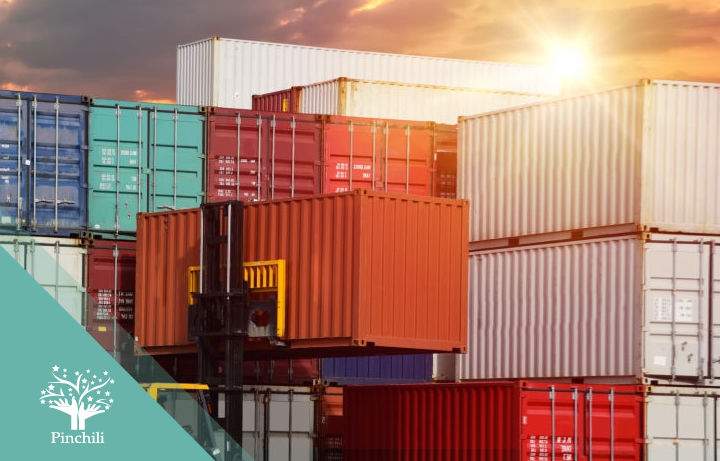What is a customs tariff?
A customs tariff is a tax that is applied to imported products, it is rare that tariffs are applied to exported goods. Also, there are transit tariffs, these are applied to products that arrive in a country and then be sent to another nation.
How is the customs tariff applied? The arrival of a ship to a customs house initiates the process in which the customs agent proceeds to the inspection of the goods and then apply the tax, always in accordance with the rate stipulated for the type of goods contained in the ship.
Why is the customs tariff charged? Because the goods can not be incorporated into the economy of another nation until the tax is canceled. Smuggling happens when the corresponding tariff is not canceled.
There are four types of tariffs for customs:
- Ad valorem: It is a fixed percentage on the value of each product. For example: 10% tariff represents a payment of 10% on the value of the merchandise in question.
- Specific: It is a specific charge imposed on the unit of products and is applied in accordance with the quantities imported. Example: $ 100 dollars per metric ton of merchandise.
- Mixed: It is the union of Ad valorem and Specific, quantity of goods is charged and also a fixed percentage for each product.
- Compound: This tariff is a measure that, basically, applies to commodities of raw materials, to protect the industry from finished products that are manufactured domestically but need to import raw materials. It is an ad valoren tariff setting a minimum or maximum perception.

